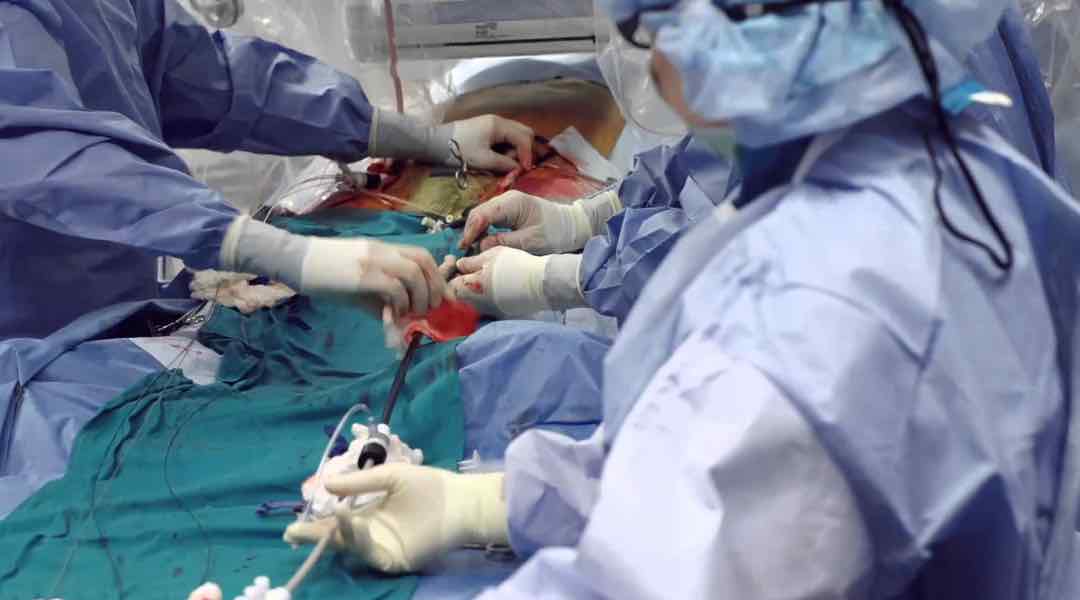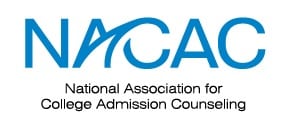The field of health professions encompasses a wide range of careers dedicated to promoting health and providing care to individuals and communities. From doctors and nurses to therapists and technicians, health professionals play a crucial role in improving the well-being of others. In this article, we will explore the educational and career opportunities in the field of health professions, including the types of students who find it a good fit and how educational programs in the field work.
Why Health Professions?
Health professions attract students who are passionate about making a positive impact on people’s lives, have a strong desire to help others, and possess a natural inclination toward science and medicine. These students are often compassionate, detail-oriented, and possess excellent interpersonal and communication skills. Additionally, students interested in continuous learning and staying up-to-date with medical advancements and technologies are drawn to the dynamic and evolving nature of the health professions field.
Educational Programs in Health Professions
Educational programs in health professions provide students with the knowledge, skills, and practical experience required to enter their chosen profession. The programs are offered at various academic levels, including undergraduate, graduate, and doctoral degrees. Here’s an overview of the educational pathways within health professions:
- Undergraduate Programs: Many health professions require a bachelor’s degree as the minimum educational requirement. Students can pursue a Bachelor of Science (B.S.) in fields such as Nursing, Health Sciences, Public Health, or Health Administration. Undergraduate programs typically include a combination of coursework, laboratory work, and clinical experiences to provide students with a strong foundation in the sciences and healthcare principles.
- Graduate Programs: For some health professions, such as Physician Assistant (PA), Physical Therapy (PT), Occupational Therapy (OT), or Speech-Language Pathology (SLP), students must complete a graduate program. Graduate programs build upon the knowledge gained at the undergraduate level and provide more specialized and advanced training through coursework, clinical rotations, and research opportunities. These programs typically award a Master of Science (M.S.) or a Doctorate in their respective fields.
- Medical School: Students interested in becoming physicians must attend medical school after completing a bachelor’s degree. Medical school combines classroom instruction with clinical experiences, allowing students to apply their knowledge in real-world settings. Medical school programs typically last four years and lead to the award of a Doctor of Medicine (M.D.) or a Doctor of Osteopathic Medicine (D.O.) degree. After medical school, graduates must complete a residency program in their chosen specialty.
- Other Specialized Programs: Health professions also include various specialized programs such as Pharmacy, Dentistry, Optometry, Nursing (Advanced Practice), and Veterinary Medicine, which require specific educational paths beyond the bachelor’s degree level. These programs have their own unique educational requirements and typically lead to professional degrees in their respective fields.
Career Opportunities in Health Professions
Students pursuing health professions have a wide range of career options. These careers span various healthcare sectors and require different levels of education and training. Here are some examples of careers in health professions and their potential earnings:
- Registered Nurse (RN): Registered nurses provide direct patient care, administer medications, coordinate patient care plans, and educate patients and their families about health conditions. RNs can work in hospitals, clinics, nursing homes, and other healthcare settings. According to the Bureau of Labor Statistics (BLS), the median annual salary for registered nurses is around $75,330.
- Physician Assistant (PA): Physician assistants work under the supervision of physicians, providing diagnostic, therapeutic, and preventive healthcare services. They can perform physical exams, diagnose and treat illnesses, order and interpret diagnostic tests, and assist in surgeries. PAs work in various healthcare settings, including hospitals, clinics, and private practices. The median annual salary for physician assistants is around $115,390, according to the BLS.
- Physical Therapist (PT): Physical therapists help patients recover from injuries, manage chronic conditions, and improve physical mobility and function. They develop treatment plans, perform therapeutic exercises, and educate patients on injury prevention. PTs work in hospitals, rehabilitation centers, private practices, and other healthcare settings. The median annual salary for physical therapists is around $91,010, according to the BLS.
- Occupational Therapist (OT): Occupational therapists help individuals of all ages regain and improve their ability to perform everyday activities. They work with patients who have physical, developmental, or cognitive impairments. OTs assess patients, develop customized treatment plans, and provide therapy to improve their functional abilities. The median annual salary for occupational therapists is around $86,280, according to the BLS.
- Speech-Language Pathologist (SLP): Speech-language pathologists assess, diagnose, and treat communication and swallowing disorders. They work with individuals of all ages, from infants to older adults. SLPs can work in schools, hospitals, rehabilitation centers, and private practices. The median annual salary for speech-language pathologists is around $80,480, according to the BLS.
- Pharmacist: Pharmacists dispense medications, advise patients on proper medication usage and potential side effects, and collaborate with healthcare providers to ensure safe and effective drug therapy. They work in pharmacies, hospitals, and other healthcare settings. The median annual salary for pharmacists is around $128,710, according to the BLS.
- Medical Laboratory Scientist: Medical laboratory scientists perform laboratory tests, analyze samples, and provide accurate and timely results to aid in diagnosing and treating diseases. They work in medical laboratories, hospitals, research facilities, and other healthcare settings. The median annual salary for medical laboratory scientists is around $56,180, according to the BLS.
It’s important to note that salaries can vary depending on factors such as location, experience, specialization, and the specific healthcare setting.
Specific Majors in This Category
To find colleges that offer these majors and search by over 35 other criteria, use LifeLaunchr's College Match.




